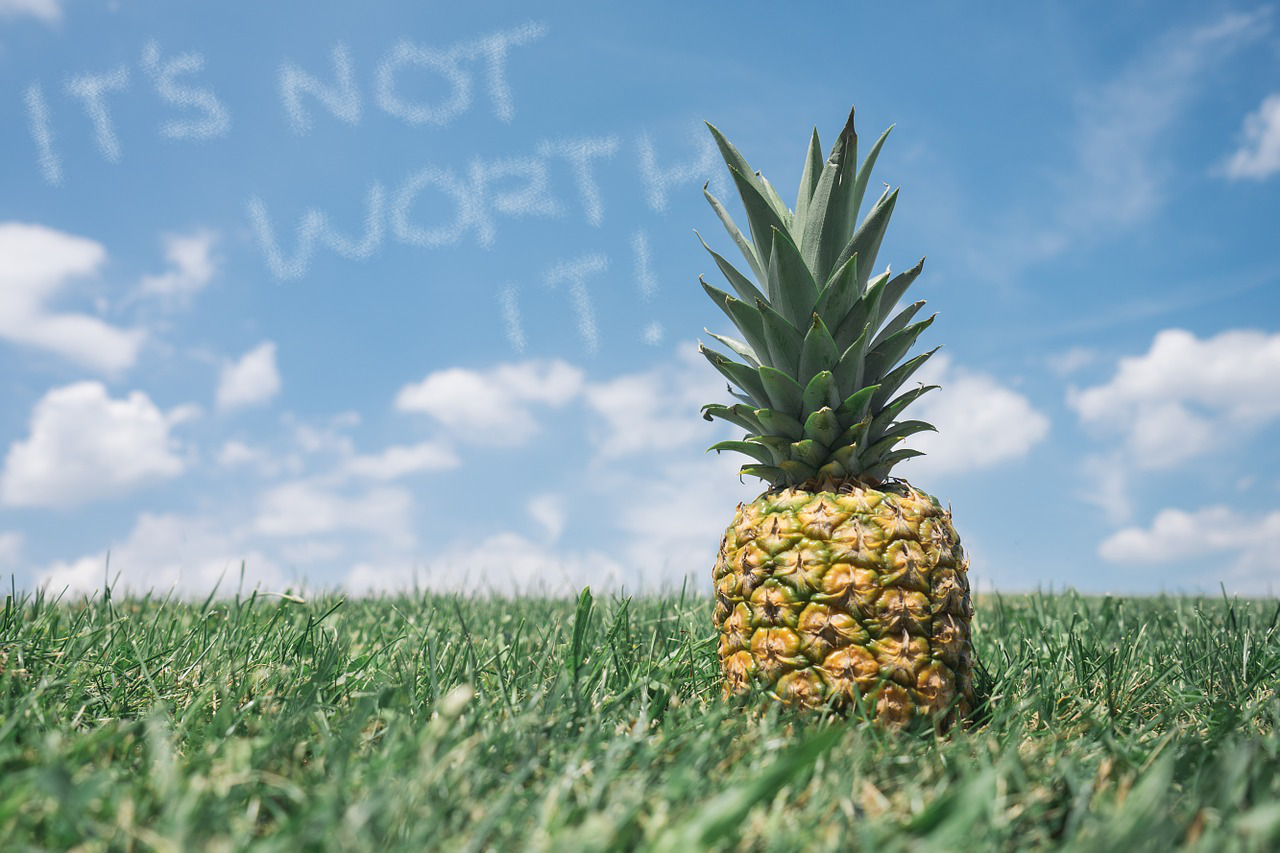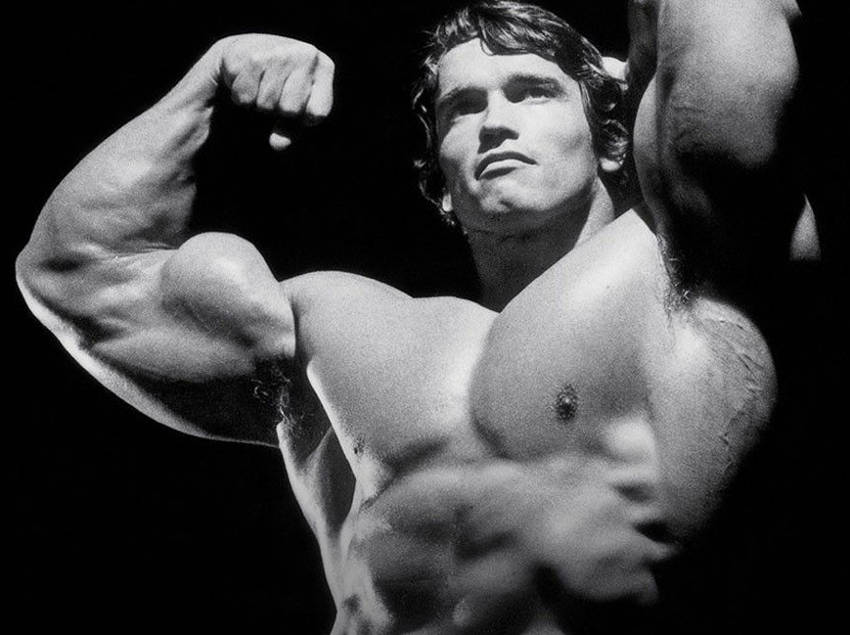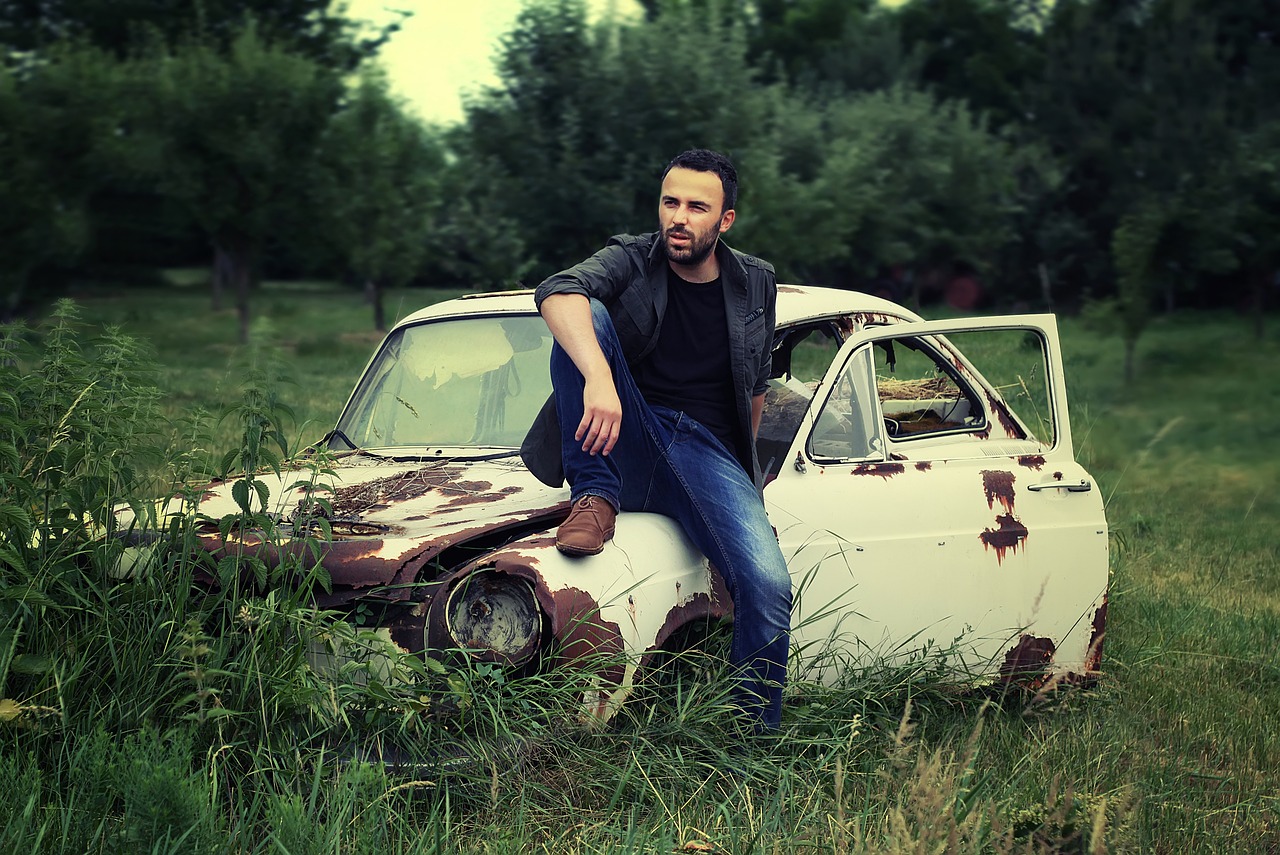What Frugal People Think About Organic Food
- By : Menard
- Category : Lifestyle, Saving ideas
- Tags: buying organic, health

The labeling term “Organic” refers to accredited methods agricultural products are grown and processed. Regulations vary from country to country, but in general, organic crops must be grown without the use of synthetic pesticides, bioengineered genes (GMOs), petroleum-based fertilizers, or fertilizers from municipal sewage… Eew!
Organic food is not defined by the material substance in the food itself, but instead by the “holistic” methods used on organic farms. For example, organic livestock raised for meat, eggs, and dairy products must have access to the outdoors and be given organic feed. They may not be given antibiotics, growth hormones, or any animal by-products.
The problem for frugal people like me is that buying organic typically involves paying a premium over conventional foods. For example, you can see from the chart below that organic eggs could cost 82% higher than its non-organic counterpart.

Given that I don’t have a really strong opinion on the subject, I went ahead and asked the ChooseFI community for their opinion about organic food.
What is your opinion about buying organic foods? Are they really worth it? And if you believe in buying organic, aren’t you concerned about running out of money in retirement because of longevity risk?
The question garnered 136 comments and 29 reactions. Most of them didn’t answer the second question but only reacted with smiley faces. This is expected as the question is rhetoric in nature– It was meant to make a point. Surprisingly, only a few people expressed strong opinions about buying organic food.
For the sake of readability, I’ve handpicked only the most thoughtful responses and grouped them into three categories:
- Pro-organic
- Selectively organic
- Totally not worth it
Pro-organic
“Absolutely worth it to me. I invest heavily in my health and well being because without that, no amount of money matters.” – Cadie, nutritional therapist
“Pay the farmer now or the doctor later.” – Jeremy, retiree
“I’m a chemist. All the food we eat is organic because it contains carbon and specifically hydrocarbons. I teach in a farm community where there are many farms who were able to obtain organic certification in 3 months. They chuckle all the way to the bank.” – Luann, science teacher
Selectively organic
“It really is a personal choice and what your beliefs are. We spend $100/week or less and eat 85-90% organic/natural foods. I definitely buy organic from the dirty dozen list. I’m looking at long-term health and wellness when I choose my foods, beauty products, and cleaning supplies. I believe that a lot of diseases, including cancers, come from the foods that we eat. So, I choose not to put the chemicals/pesticides into my body. Eating healthy is a lot cheaper than paying for healthcare for cancer and many other diseases.” – Amy, massage therapist
“You get the most bang for your buck by getting organic meats and dairy products. veggies and other stuff are not as important. Organic grain fed and sustainably sourced meats and milk are important not only for your health but the earth’s health.” – Mona, science teacher
“Local, small/med organic is 1000% worth it. Especially meat and produce. Large commercial organic, less so. But still better and voting in the proper direction for food sourcing. If you pay attention, it’s not much more expensive, it’s actually the price food “should” be (for farms to pay a mortgage and raise their own family with hard labor day in and day out)” – Megan, registered holistic nutritionist
“I lost faith when I started reading about organic pesticides. I grow organic whenever possible and when it’s comparatively priced, but have largely given up on buying organic supermarket fruit and vegetables. I do buy organic dairy because I break out in hives if I don’t, and buy organic meat/poultry as an extension.” – Galen, business owner
“I buy organic bananas (they taste better), but frankly I don’t think eating “non-organic” bell peppers and broccoli are bad for my health or budget.” – Katie, housewife
Totally not worth it
“After I started a farm and saw what chemicals that can still be used and products labeled ‘organic’, no way!” – Becky, animal farm manager
“I don’t buy organic. There’s yet to be sufficient evidence to prove to me that organic food is better. They are NOT pesticide-free, they just use organic pesticides. And again I’ve yet to see sufficient evidence to believe there’s a clear-cut winner either way. I do buy eggs & dairy locally from ethical farmers but that’s not because I think they are superior nutrition-wise.” – Sarah, housewife
“Not to mention that organic pesticides are generally used in much larger quantities to achieve the same effectiveness.” – Elizabeth, HR manager
“The point above about pesticides is very accurate. I’m a farmer and proudly grow GMO crops. We use vastly fewer pesticides than many organic farmers. Quite frankly it’s because the GMO fend off many peats that would otherwise have to be treated. Organic is largely a very successful marketing campaign that has tricked consumers.” – Chase, GMO farmer
“I did research in college with an agricultural economist who studied marketing in the food industry, primarily how and why things are marketed and the difference between things like organic vs non-organic and ‘GMO’, etc. Based on that research and the ‘why’ of the organic craze, I don’t buy organic. I won’t refuse to buy it, but there’s no nutritional difference and unless you’re growing it yourself in your backyard, you’re getting the same product at a markup.” – Lindsay, food packaging engineer
“My family farms and I don’t buy into the organic thing. I do think a lot of crap happens after it leaves the field, so I’m more looking for whole non-processed ingredients over organic/GMO.” – Travis, insurance advisor
“I eat natural foods for the most part. I’m very healthy and in great shape. Organic food not so much. To date, I have not seen one study to prove organic is more beneficial for your health. If there is one please someone show me.” – David, personal finance blogger
“I buy conventional milk for my family. There are really nice organic dairies and nightmarish ones. Organic dairy doesn’t mean better animal welfare or healthier animals than conventional. Dairies and beef ranchers have to follow strict withdrawal times for antibiotics and other drugs, and every load of milk is tested for common antibiotics.” – Amanda, dairy veterinarian
“I do not consider organic labeling to mean food is safer or more nutritious. Organic pesticides are often just as toxic or more toxic than targeted synthetic ones. I prefer local produce to reduce transport costs and support the local economy. If money is tight, any produce is better than no produce” – Cristin, veterinarian
“Organic marketing is just fear-mongering. Organic does not mean pesticide-free, fewer pesticides or higher nutritional quality. I would rather my patients and members of my community get seasonal, frozen or canned fruits and veggies that they can afford and preferably come from more local sources than organic, over-priced food that travels from all over the globe to get to them, and therefore decreases the overall volume of produce intake. We have a great deal of research that shows washing fruits and veggies, even those on the “dirty dozen” list, evens the playing field between organic/non-organic produce for chemical exposure.” – Lacey, dietician
“I honestly could care less about organic. For me, it’s overpriced and I’m going to die anyway. I keep life simple.” – JR, forklift driver
Here’s my take
I believe organic foods should be treated as a luxury item. If you can afford them, go ahead and get ’em if it will help you sleep at night. The science behind it may be sketchy at best, but still, there’s definitely some benefit in buying food with fewer toxins– if you have that extra money in your budget to shell out.
Just keep in mind that, whether you like it or not, you are probably already exposed to everyday toxins. From that hairspray that you used to fix your hair to that pizza that was offered to you at work.
You decide if buying organic will make a difference.




No Comments